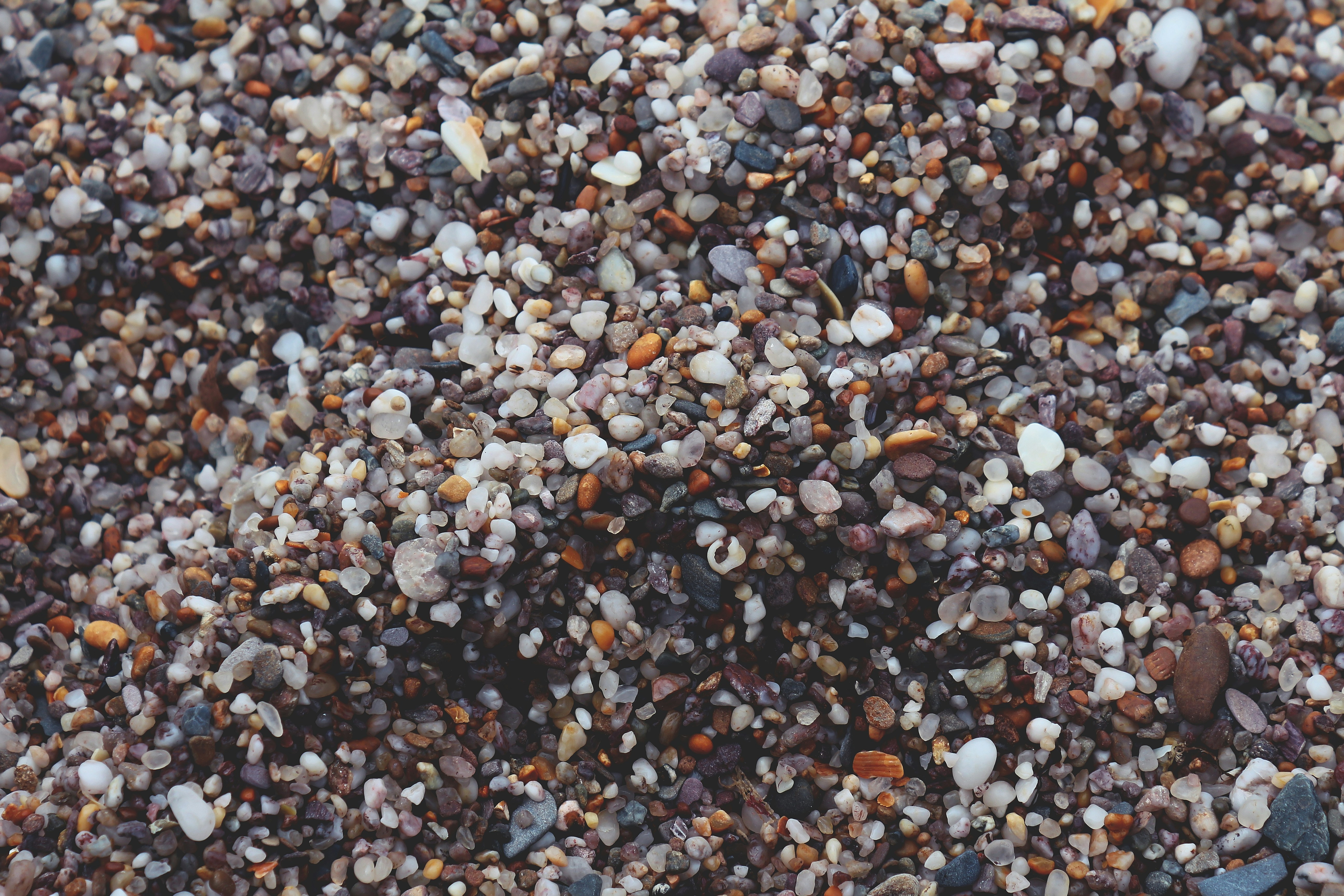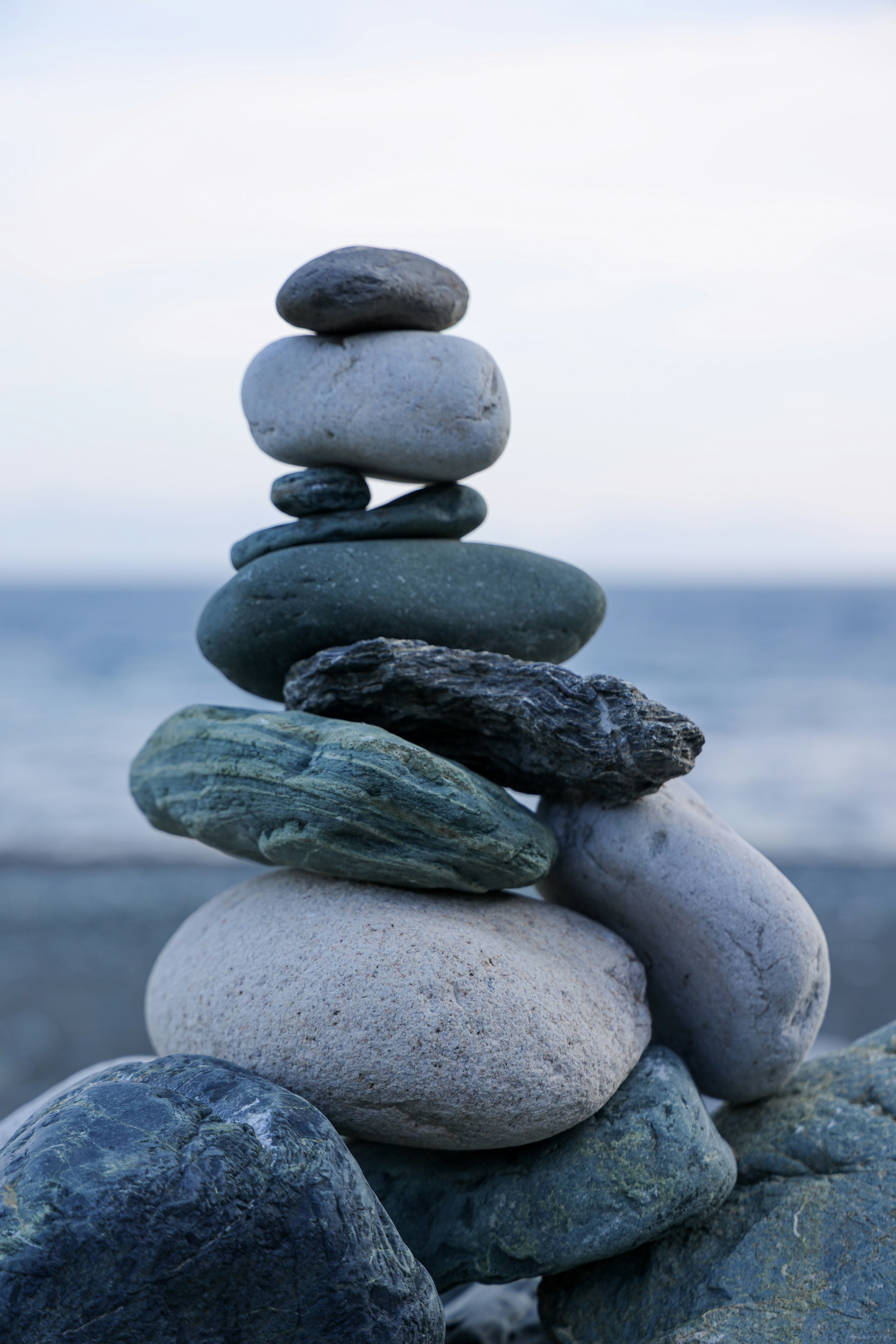Have you ever wondered how certain foods and elements within them might be influencing your health, especially when it comes to the discomfort of kidney stones? When we delve into the intricate world of dietary impacts on the body, the connection between oxalates and calcium oxalate stones becomes a fascinating and important topic to unpack.
Understanding Oxalates
Oxalates are naturally occurring compounds found in many foods. They are organic acids, which means they naturally contain carbon. Within the plant kingdom, oxalates are relatively common and perform various roles, from regulating growth to deterring herbivores. For us humans, however, oxalates can be a little trickier.
Sources of Oxalates
You might be surprised to find that oxalates exist in a wide array of plant foods that are often touted as healthy. Spinach, beets, nuts, and many berries contain significant amounts of oxalates. Despite being nutrient-rich, these foods can pose a risk for those prone to kidney stone formation.
| Food | Oxalate Content (mg per 100g) |
|---|---|
| Spinach | 750 |
| Beets | 152 |
| Rhubarb | 860 |
| Almonds | 469 |
| Dark Chocolate | 114 |
| Sweet Potatoes | 240 |
Understanding where oxalates come from helps you navigate dietary choices, especially if you’re concerned about kidney stones.
Oxalates and Human Metabolism
Once consumed, oxalates are processed by your body. In the intestines, they can bind to calcium to form insoluble compounds, which are either excreted through the feces or absorbed into the bloodstream. This process isn’t usually a problem for most people, but for those susceptible to certain health conditions, like kidney stones, the intricacies of oxalate metabolism can have significant implications.
What Are Calcium Oxalate Stones?
Calcium oxalate stones are the most common type of kidney stones, making up about 70-80% of cases. These are solid masses formed from crystallized calcium compounds, with calcium oxalate being the primary culprit. Kidney stones can cause sharp pain, nausea, and urinary issues.
Formation of Calcium Oxalate Stones
The process begins when high levels of oxalate bind with calcium in the kidneys. This can occur when urinary oxalate or calcium is excessively high or when urine is too concentrated, fostering an environment where these crystals can precipitate and combine into stones.
Factors contributing to the formation of calcium oxalate stones include:
- High Oxalate Intake: Consuming a diet rich in oxalates can increase your risk of stone formation.
- Low Calcium Diet: Paradoxically, not consuming enough calcium can enhance oxalate absorption in the gut.
- Dehydration: Low fluid intake concentrates urine, making stone formation more likely.
Symptoms and Diagnosis
The symptoms of kidney stones can be alarmingly intense, often starting with severe pain in the back or side, below the ribs. The pain may radiate to the lower abdomen and groin, reflecting the movement of the stone through the urinary tract. Other symptoms include bloody urine, frequent urination, nausea, and vomiting.
Diagnosis typically involves imaging tests like a CT scan or ultrasound, alongside urine and blood tests to check for levels of calcium, oxalate, and other stone-forming minerals.
Prevention and Management Strategies
Managing your risk of calcium oxalate stones often requires dietary adjustments and sometimes medical intervention. Here are several strategies you might consider:
Dietary Modifications
A fundamental approach to preventing calcium oxalate stones is adjusting your diet to reduce oxalate intake and enhance calcium and fluid consumption.
- Increase Fluid Intake: Hydration is crucial. Adequate fluid intake helps dilute urine, decreasing the likelihood of stone formation.
- Balanced Calcium Intake: Calcium-rich foods can bind oxalates in the gut, reducing oxalate absorption and stone risk. Aim for a balanced intake rather than supplementation, which might have adverse effects.
- Moderate Oxalate Foods: While you don’t need to eliminate all oxalate-rich foods, moderation is the key. Be mindful of your overall oxalate consumption, and you might consider keeping track of your servings of high-oxalate foods.
Medical Treatments
In cases where dietary changes aren’t sufficient, medication might be necessary. Some options include:
- Thiazide Diuretics: These can be prescribed to reduce urinary calcium excretion.
- Potassium Citrate: This helps make urine less acidic, increasing the solubility of calcium oxalate and lessening stone formation.
Monitoring and Regular Checkups
Regular medical checkups can help keep tabs on your risk factors and ensure that any developing stones are managed promptly before they become problematic. Keeping track of your urinary composition through 24-hour urine collections can be particularly insightful.
The Importance of Individualized Care
Understanding the link between oxalates and calcium oxalate stones underscores the importance of personalized healthcare. What works for one person might not work for another. It’s essential to approach prevention and treatment with tailored strategies, considering your unique risk factors, dietary habits, and lifestyle.
Consulting Healthcare Professionals
Before making significant dietary changes or beginning new medications, it’s wise to consult a healthcare professional. They can provide tailored advice and potentially run tests to better understand your body’s specific needs and how best to prevent kidney stones in your case.
Beyond Diet: Lifestyle and Other Influences
While diet plays a crucial role in managing the risk of calcium oxalate stones, other lifestyle factors can also contribute to their formation.
Exercise and Weight Management
Regular physical activity helps with weight management, and maintaining a healthy weight is a factor in reducing your risk. Exercise can also improve hydration levels by encouraging consistent fluid intake, another protective measure against stones.
Stress and Its Impact
Surprisingly, stress might indirectly influence the formation of kidney stones. Chronic stress can impact dietary habits, sleep patterns, and hydration status. By managing stress through relaxation techniques and proper sleep, you contribute positively to your overall health and reduce stone risk.
Avoiding Excessive Vitamin C
Excessive vitamin C can metabolize into oxalate, increasing the risk of stone formation. It’s ideal to consume vitamin C in moderation, primarily through food sources rather than supplements unless advised by a healthcare provider.
Advancements in Research and Treatment
Research in nephrology continues to advance our understanding of kidney stone prevention and treatment. With the growing body of knowledge, new approaches are emerging.
Genetic Insights
There is an increasing focus on genetic studies to identify individuals predisposed to stone formation. Genetic research might provide insights into whether some people prone to stones could benefit from more specialized care.
Innovations in Treatment
Medical technology has also advanced treatment options for managing stones, such as non-invasive procedures like lithotripsy, which uses shock waves to break stones into smaller, passable pieces.
Herbal Remedies and Natural Approaches
Some studies suggest certain herbal remedies might aid in stone prevention. However, these should be approached cautiously, as evidence is still emerging, and responding to traditional medical treatments should be prioritized.

Conclusion: Your Role in Kidney Stone Prevention
As you navigate the path to better kidney health, understanding the link between oxalates and calcium oxalate stones empowers you to make informed decisions. By balancing dietary intake, staying hydrated, and consulting healthcare professionals, you play an active role in protecting your wellbeing.
Every health journey is unique, and by recognizing the importance of personalized care, you can tailor your approach to stone prevention. Remember, when it comes to mitigating risks and supporting your body’s resilience, your actions and choices weave together to create a foundation of health.




